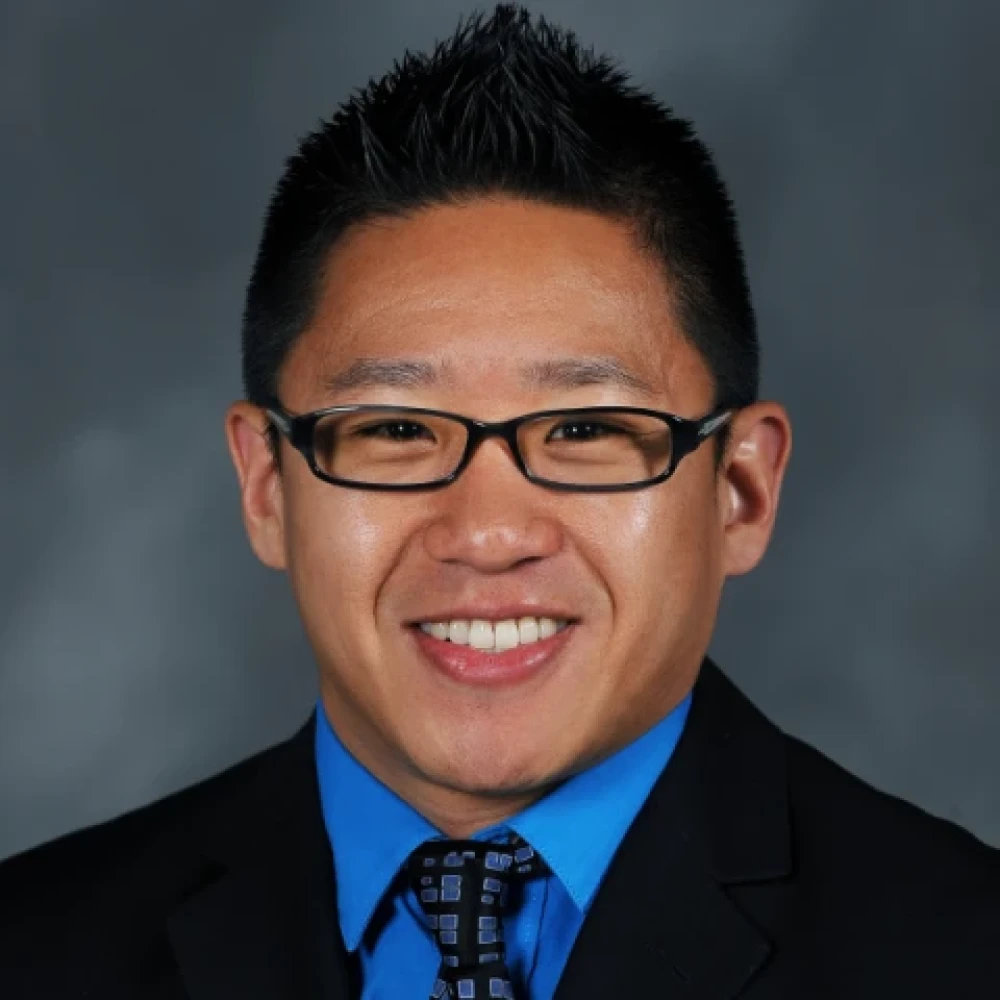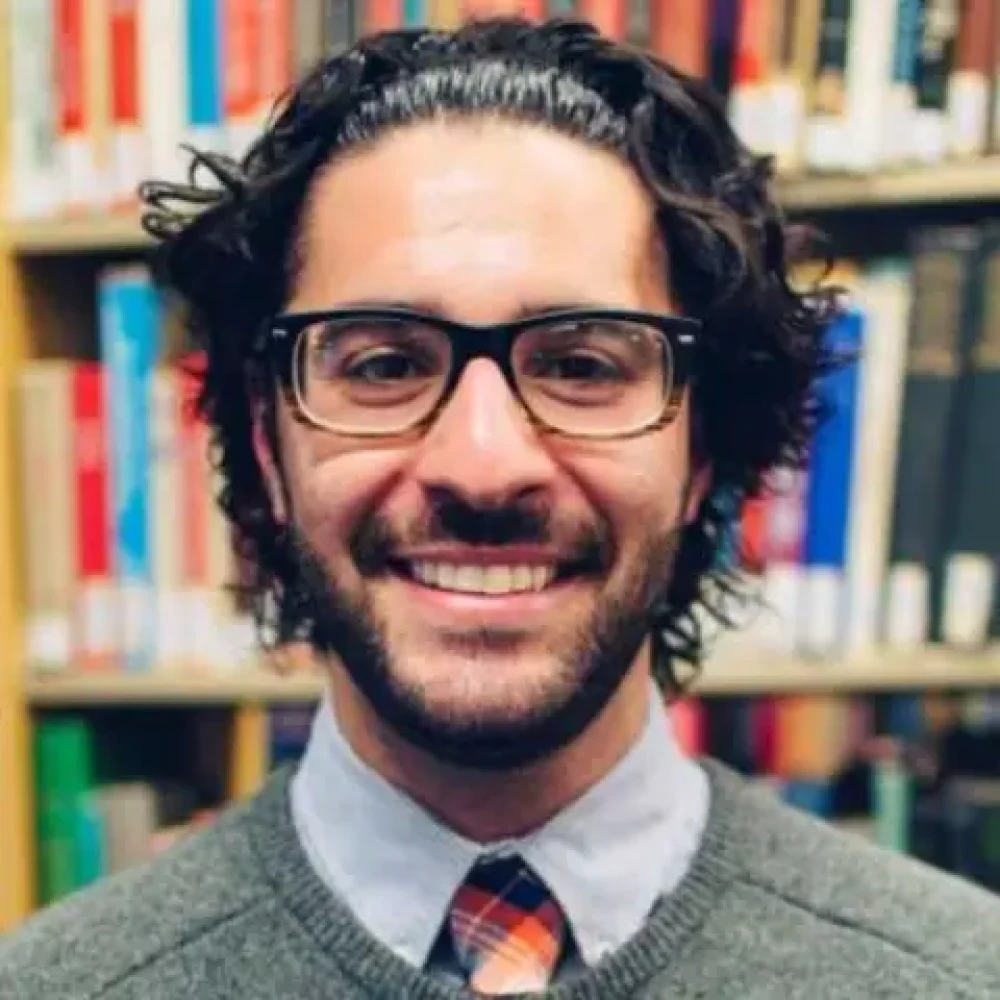Master of Arts in Criminology and Criminal Justice
Meet Our Criminology & Criminal Justice Faculty
Meet Our Faculty
Kent State University’s Criminology and Criminal Justice faculty in the Department of Sociology and Criminology have diverse backgrounds that include police and police administration, juvenile justice, victimology and global security.
It is this breadth of experience that feeds the program’s focus on multi-disciplinary leadership in the field of criminology and criminal justice. Each of our highly trained, full-time faculty members has a doctoral degree and a wealth of professional experience, ensuring the highest-quality education for our students.
It is this breadth of experience that feeds the program’s focus on multi-disciplinary leadership in the field of criminology and criminal justice. Each of our highly trained, full-time faculty members has a doctoral degree and a wealth of professional experience, ensuring the highest-quality education for our students.

Allen Lowery
Department of Sociology
Ph.D. in Criminology/Deviant Behavior and Social Psychology
Ph.D. in Criminology/Deviant Behavior and Social Psychology

Christopher Dum
Department of Sociology
Ph.D. in Criminology and Criminal Justice
Ph.D. in Criminology and Criminal Justice

Hedi Nasheri
Professor
Ph.D. in Criminology and Criminal Justice
Ph.D. in Criminology and Criminal Justice

Justin Key Canfil
Adjunct Professor
Ph.D. in Criminology and Criminal Justice
Ph.D. in Criminology and Criminal Justice

Elias Nader
Assistant Professor
Ph.D. in Criminology & Criminal Justice
Ph.D. in Criminology & Criminal Justice

Norman Rose
Assistant Professor
Ph.D. in Criminology and Criminal Justice
Ph.D. in Criminology and Criminal Justice

Pamela Tontodonato
Associate Professor
Ph.D. in Criminology
Ph.D. in Criminology

Will Kalkhoff
Professor and Program Coordinator
Ph.D. in Criminology and Criminal Justice
Ph.D. in Criminology and Criminal Justice
Build Your Career with a Degree Built Around You
Call Us
A phone call with one of our Admissions Outreach Advisors will make it even easier, call +1 330-672-8671
A phone call with one of our Admissions Outreach Advisors will make it even easier, call +1 330-672-8671
To submit a successful application, check out the Graduate Degree Student Checklist
Designed for busy working professionals and students seeking to expand their career options.
View Courses
View Courses
Related Criminology & Criminal Justice Reading
Balancing career aspirations with personal and professional commitments can be challenging, especially for those looking to advance in the criminal justice field. However, the rise of online learning has made it more accessible than ever for individuals to pursue higher education while managing their busy lives. Kent State University’s 100% online Master of Criminology and Criminal Justice program offers the flexibility and convenience needed to help working professionals achieve their goals without compromising their current responsibilities.
In the pursuit of justice, understanding and addressing the needs of victims is crucial to fostering a more compassionate and effective justice system. Victimology—the study of victims, their experiences, and the responses of the criminal justice system—plays a vital role in shaping victim-centered policies and initiatives that prioritize healing and support.
In today’s interconnected world, global security threats are becoming increasingly complex and multifaceted. From cyberattacks and terrorism to transnational crime and geopolitical conflicts, security professionals must be equipped with the skills and knowledge to navigate an evolving landscape. As these challenges continue to grow, criminology professionals play a crucial role in developing strategies to combat emerging threats and protect communities on both national and international levels.







